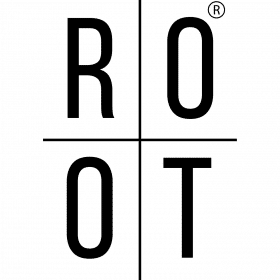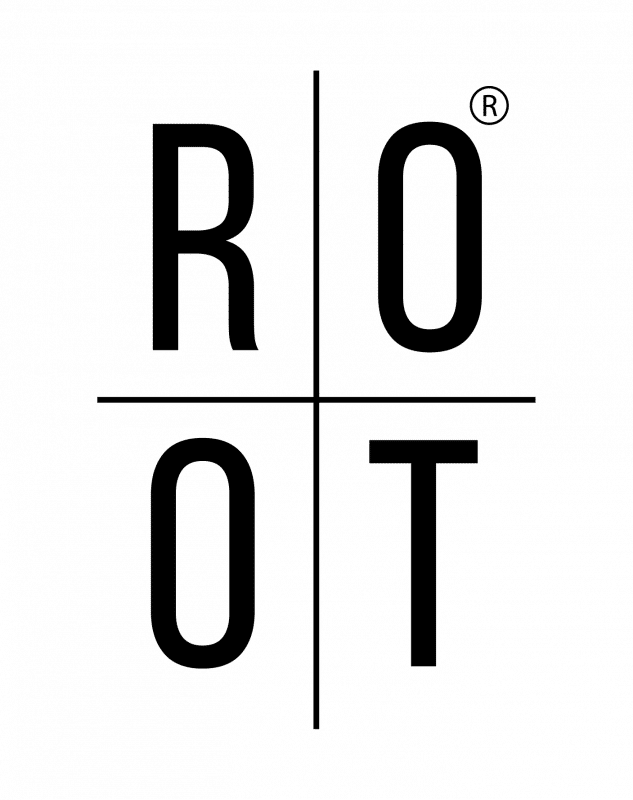DNA Test for Weight Loss
Many of us have experienced the frustration of joining a friend on the diet and exercise journey, and while they seem to be shedding the weight, we’re struggling to make a dent. The reasons for this might actually be less about the food and exercise and more about our DNA. Our genetic code plays an important role in determining how our bodies process foods, manage metabolism, and respond to different nutrients. By exploring our DNA, we can start to explain why we might metabolize fats slower than our peers or why certain foods lead to weight gain.
How Can Your DNA Help You Lose Weight?
So the question is, how exactly can your DNA help you lose weight? The idea behind this is that our genetic makeup can give us information about how our bodies interact with certain foods and exercise. By testing for genetic markers that influence how we metabolize fats, proteins, and carbohydrates, we can better understand our body’s chemistry. This helps us have the understanding and knowledge we need to help manage our weight in a way that’s best for our bodies.
DNA testing uses advanced algorithms to assess conditions influenced by multiple genetic factors—like obesity. A genetic profile can give you insights into your body’s ability to metabolize food and nutrients. With this specific genetic information, you can focus on the right balance of healthy eating and lifestyle that supports more sustainable weight management.
What is Nutrition DNA Testing?
Your genes contribute to how you metabolize various nutrients, and nutrition DNA testing is a process that examines your DNA to understand how your body responds to different foods. This testing can show the relationship between your genes, the food you eat, and how your body responds to that food. By understanding your unique genetic variants, you can create a dietary plan that suits your body’s specific needs.
The Benefits of Genetic Testing for Weight Loss
The main benefit of genetic testing is that it can give you information you might need to make changes in your life that can move you forward in your weight loss journey and toward maintaining a healthy weight. But there are other benefits to understanding your genetics for weight loss. Specifically, this understanding can help you reduce your body mass index (BMI), which can reduce your risk of health concerns like high blood sugar, high blood pressure, and heart disease.
Living a healthier lifestyle can also help you save money because those with higher risks for medical conditions tend to spend more money on healthcare costs. So, weight management to lower body fat starts with giving that DNA sample to identify those genetic factors that might show an elevated risk of being overweight.
The DNA Diet
Genetic testing does more than pinpoint your traits; it reveals how your body handles the big players in your diet: carbohydrates, fats, and proteins. For example, let’s say your test results show you struggle with processing carbs. By knowing this information, you can make changes to your diet to lower the amount of carbs you eat.
Another example might be if your DNA results show you that you aren’t able to process fats. With this information, you might avoid high-fat diets like keto or paleo and instead find that low-fat diets work best for you. This information can help you optimize your diet to work with your body.
How Do Weight Loss DNA Tests Work?
Having a DNA test done for weight loss is still fairly new and has been gathering interest worldwide. These tests use genetics to understand how your body handles food and exercise.
Foods to Include Based on DNA Test Results
You’ll get a better understanding of what foods to include in your diet once you receive your DNA test results. If, for example, you find that your body functions best on a protein-rich diet, you might start eating more lean meats. Or your body may need more fiber to help boost digestion. In this case, you’ll likely focus on eating foods like whole grains and legumes.
But it’s not just about the foods you eat; it’s also about when you’re eating throughout the day. Your DNA can give you a better understanding of the best times for your body to get certain nutrients like fats and carbs and its best metabolic processes.
Foods to Limit
Your genetic makeup can also reveal what foods or nutrients you might struggle with. For example, sugary foods might be more likely to lead to fat storage for you. DNA testing can also reveal possible food issues, like lactose or gluten intolerance. Getting information on these genetic predispositions can help you make better choices about what foods to avoid or include so that you feel your best and can better manage your weight.
Tips for Getting Started with DNA Testing for Weight Loss
Since the concept of DNA testing for weight loss is fairly new, many of us don’t fully understand it. It can feel a bit overwhelming to know where to start. Let’s talk about some practical tips to help you get started.
Choosing the Right DNA Test
The first step is to find the right DNA test. But how do you know what to look for? A good starting point is to look for DNA testing companies that not only give you information on your diet but also provide a wide variety of analyses. Look for a service that provides information on exercise, food allergies, and nutrient absorption issues. You also want to ensure the testing service you choose has a good reputation, clear privacy policies, and reliable customer support. You can find this information by searching online and reading reviews.
Understanding Your Results
While most DNA services give you detailed results, they’re often difficult to read on your own. That’s where talking to a genetic counselor or a nutritionist might be helpful. These professionals can help you understand what the results mean and will work with you to create a plan that benefits you.
Conclusion
The goal of this article is to show you that by understanding your genetic makeup, you can figure out why some diets may not have worked in the past, what foods you should avoid, and what your body might need for the best weight loss results. With this knowledge, you’ll be better equipped to make choices that align with your body’s needs, helping you maintain a healthy lifestyle.




 What is ROOT Prime and what are its Benefits?
What is ROOT Prime and what are its Benefits?